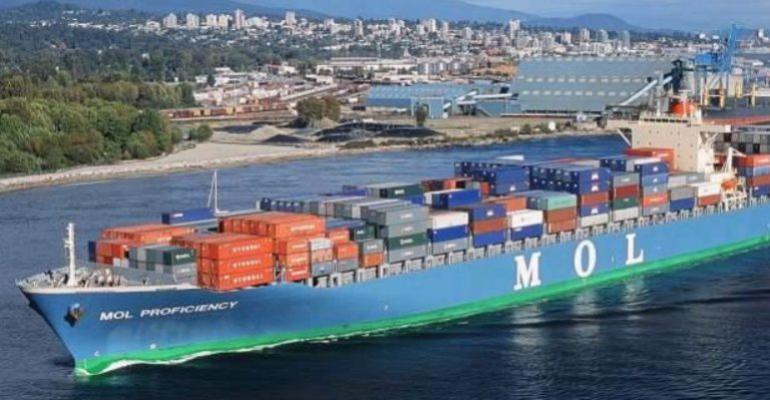MOL said in the event of greater than anticipated demand for funds, the group has in place a structure agreed with the banks that will allow it to secure the funds which have remaining terms of three to four years.
“Although freight and other income are expected to fall as a result of decline in shipments, we will endeavour to generate funds through the lay-up or redelivery of vessels under short term time charters, the freezing of new investments, in principle, and the disposal of assets in addition to the reduction of operating expenses starting with saving on fuel costs as a result of vessel slowdown,” MOL stated.
MOL said that while it has been affected by the COVID-19 pandemic due to restrictions on crew changes, delays in completion of regular surveys and deliveries of newly built vessels, the group is continuing to conduct business while aiming for safe ship operations as well as preventing the spread of infection.
The Japanese line’s full year results (1 April 2019 to 31 March 2020) have not been significantly impacted by COVID-19, as it posted a profit attributable to owners of JPY32.6bn, up from JPY26.8bn in the previous fiscal year.
MOL said charter rates in the dry bulk business fell from the beginning of 2020 on the back of decreasing demand and market slowdown. The tanker business, on the other hand, saw improved market conditions as oil prices fell due to breakdown in talks between oil producing nations on cutting supplies, leading to an increase in tanker demand for floating storage.
In the container shipping market, there was a collective effort by lines to reduce operating costs through appropriate reduction in services to respond to falling demand. Since the COVID-19 outbreak, shipments have declined but the measures have been taken to address the situation.
The car carrier segment was affected by the COVID-19 outbreak in the latter part of MOL’s fiscal fourth quarter, but the affected period was short and its impact on the overall performance was limited.
Looking ahead, MOL said its businesses are likely to be impacted by stagnation and decline in shipments as the impact of COVID-19 on shipments has shifted from a supply-side issue – decline in containership shipments from China – to a demand-side issue resulting from a global pandemic with Europe and the US as epicenters.
Copyright © 2024. All rights reserved. Seatrade, a trading name of Informa Markets (UK) Limited.
Add Seatrade Maritime News to your Google News feed.  |

